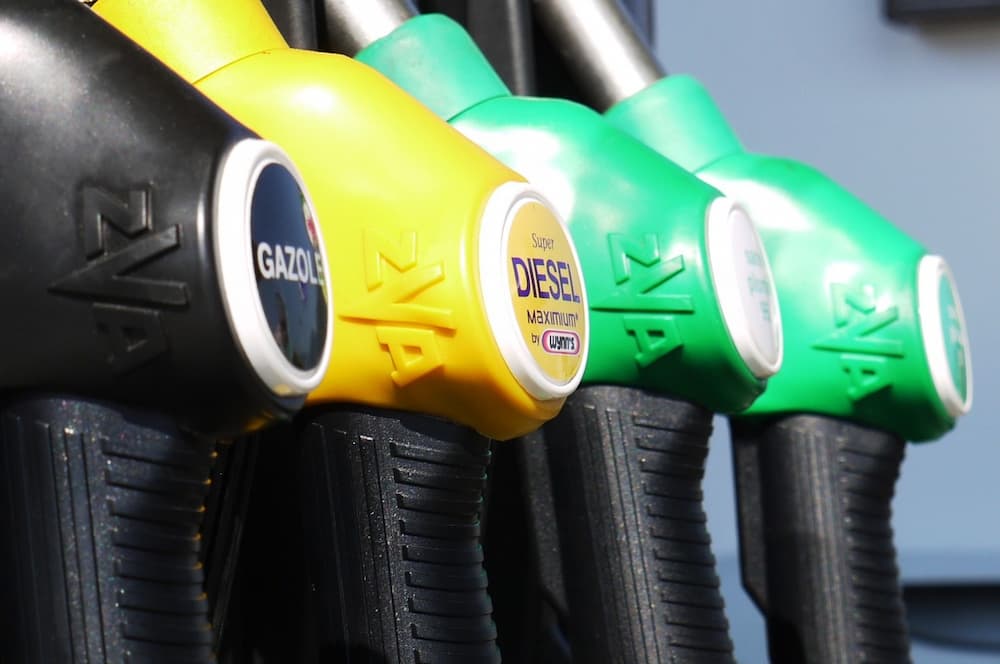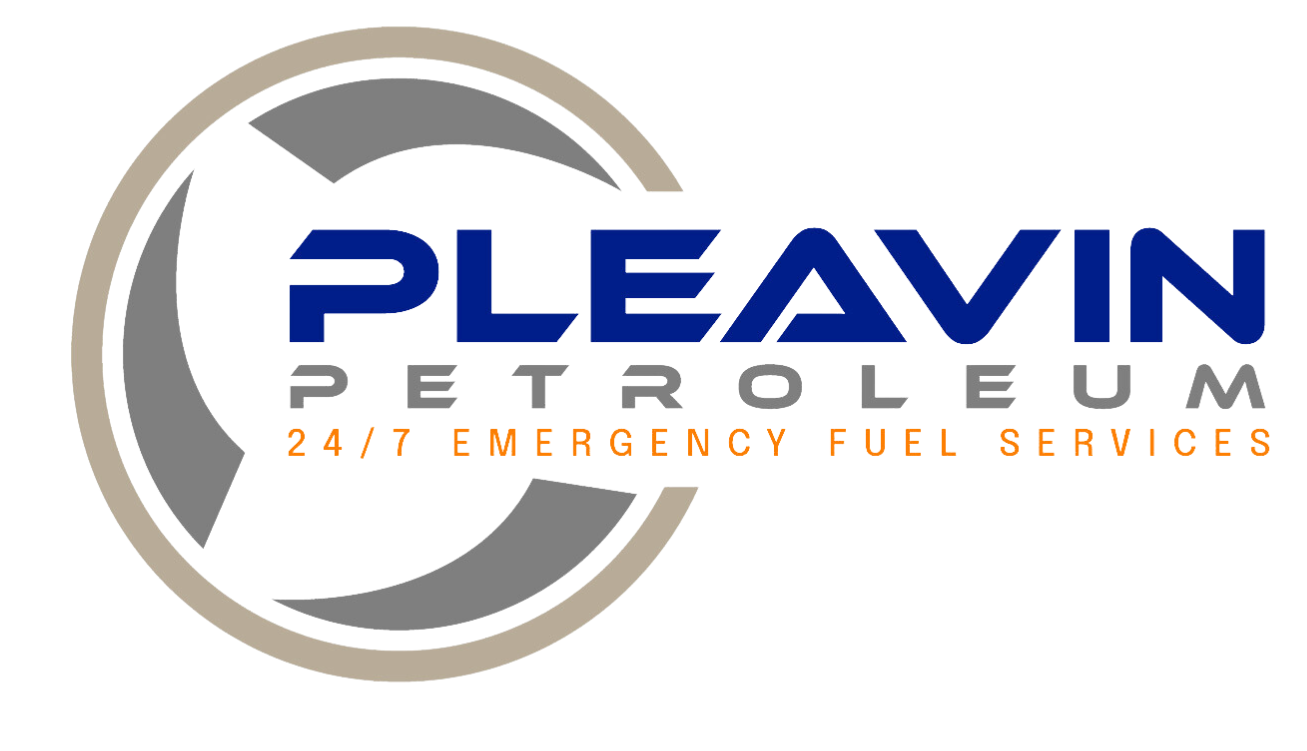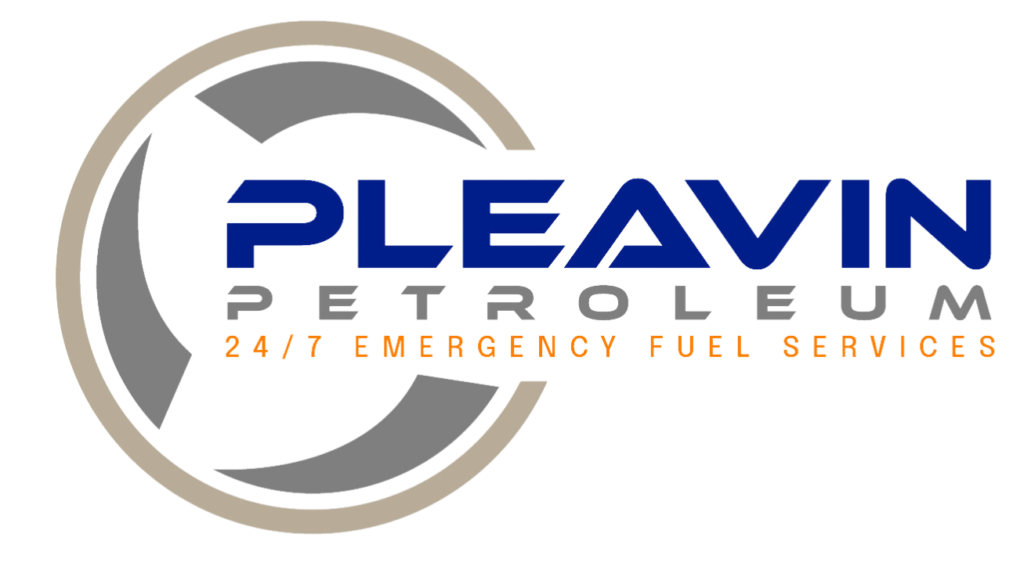What Is Diesel Fuel Polishing?

Many industries depend on diesel fuel to allow them to function on a daily basis, including transportation, agriculture, construction, and emergency services. The fuel is used to power a number of vehicles and equipment ranging from trucks, generators, boats, and some cars.
However, diesel fuel is not immune to degradation over time, which can lead to equipment malfunctions, increased maintenance costs, and reduced efficiency. This is where diesel fuel polishing comes into play, a crucial process many industries rely on to keep their operations running smoothly.
In this blog, we will delve into the world of diesel fuel polishing, exploring what it is, why it is essential, and how it works.
What Is Diesel Fuel Degradation?
Diesel fuel degradation refers to the deterioration of diesel fuel quality over time due to various factors and processes. Diesel fuel, like any hydrocarbon-based fuel, is susceptible to changes that can negatively impact its performance.
Some common factors contributing to diesel fuel degradation include exposure to air and moisture, temperature fluctuations, and the presence of contaminants. Below are the key aspects of diesel fuel degradation.
Oxidation
Exposure to oxygen in the air can lead to the oxidation of diesel fuel. Oxidation is a chemical reaction in which the hydrocarbon molecules in the fuel react with oxygen. The chemical reaction leads to the formation of various compounds, including peroxides and acids.
Oxidised fuel can cause a number of engine deposits, corrosion, and decreased fuel stability affecting the performance of a vehicle or machinery.
Moisture Contamination
Particularly in humid conditions, Diesel can absorb moisture from its surroundings which can lead to several issues in the quality of the product.
Water in the fuel can lead to several issues, including microbial growth, fuel system corrosion, and decreased lubricity. It can also cause injector problems and fuel filter clogging.
Microbial Growth
When water is present in diesel fuel, it creates a favourable environment for microbial growth, such as bacteria and fungi. Microbial contamination can clog filters, produce corrosive byproducts, and degrade fuel quality.
Contaminants
The process of diesel fuel storing water and leading to the growth of bacteria will mean that the fuel has become contaminated and is refrained from being used. The fuel can become contaminated with various particles including dirt, rust, and debris.
These contaminants can enter the fuel during production, transportation, or storage. When present in the fuel, they can cause damage to fuel injectors, fuel pumps, and other engine components.
Sediment Formation
As diesel fuel ages or when it is exposed to temperature fluctuations, sediments can form.
The deposits formed contain solid particles which when present settle at the bottom of the fuel tank, contaminating the product and preventing it from being used.
Sediments can also further clog fuel filters and disrupt fuel flow, leading to engine performance issues.
How Diesel Polishing Works
Diesel fuel polishing is a multi-step process carried out by specialised equipment. The process of diesel polishing involves the removal of contaminants, water, sediments, and microbial growth from stored diesel fuel.
Diesel fuel polishing is crucial for industries and applications that rely on stored fuel to ensure the reliable operation of equipment and prevent costly maintenance issues. Below are some of the key steps that occur during Diesel fuel polishing.
Filtration
The main step of diesel fuel polishing is a series of high-quality filters with varying levels of micron ratings. The contaminated diesel fuel is passed through various filters.
The filters used are designed to capture and remove particles, sediments, and other solid contaminants present in the fuel. These filters effectively strain out debris, preventing it from entering the engine’s fuel system.
Water Separation
Diesel fuel can absorb moisture from the atmosphere, leading to the formation of water droplets that can cause microbial growth. Diesel fuel polishing systems are equipped with water separators to remove this moisture from the fuel.
Fuel Analysis
Fuel samples are periodically taken and analysed for limitations such as water content, particle count, and fuel quality. This process helps in monitoring the progress of the polishing process and ensuring that the fuel is being produced to a high standard.
Fuel Return
Once the fuel has passed through the filtration system and water separators the fuel is considered polished and restored to its optimal quality. The clean fuel is then ready to be returned to the storage tank and is ready to be used in vehicles, generators, and other equipment.
The Benefits Of Diesel Fuel Polishing
Diesel fuel polishing offers several significant benefits for industries and applications that rely on stored diesel fuel.
These advantages make diesel fuel polishing an essential aspect of preventive maintenance and fuel quality management. Here are some of the key benefits of diesel fuel polishing:
Improved Fuel Quality
The diesel fuel polishing process eliminates components such as contaminants, sediments, water, and any other bacteria from the stored fuel.
The process ensures the product is meeting the standards and expectations of industries that rely on the fuel to function on a day-to-day basis. Clean fuel is essential for the reliable and efficient operation of diesel engines and equipment.
Enhanced Fuel Efficiency
Diesel engines running on clean fuel operate more efficiently. Improved fuel efficiency leads to reduced fuel consumption, leading to cost savings over time. Also, reduced emissions may be associated with better fuel efficiency.
Diesel Fuel Polishing At Pleavin Petroleum
Here at Pleavin Petroleum, we can provide you with excellent fuel polishing services to keep your fuels safe from bacteria and contamination. We also further offer emergency services to those who are in need of it to ensure they can continue with their day-to-day work.
Our dedicated team is always here to support those who require cleaner fuel. Contact us today to enquire about our services.

Jack is the founder of Pleavin Petroleum. He has years of experience in dealing with generators and from this, has developed a strong desire in the fuel and fuel services. His dedication to providing a top service to people looking for fuel solutions across the UK has led him to start Pleavin Petroleum.

